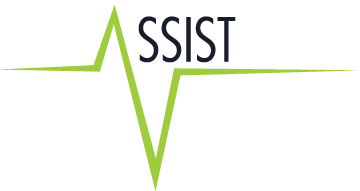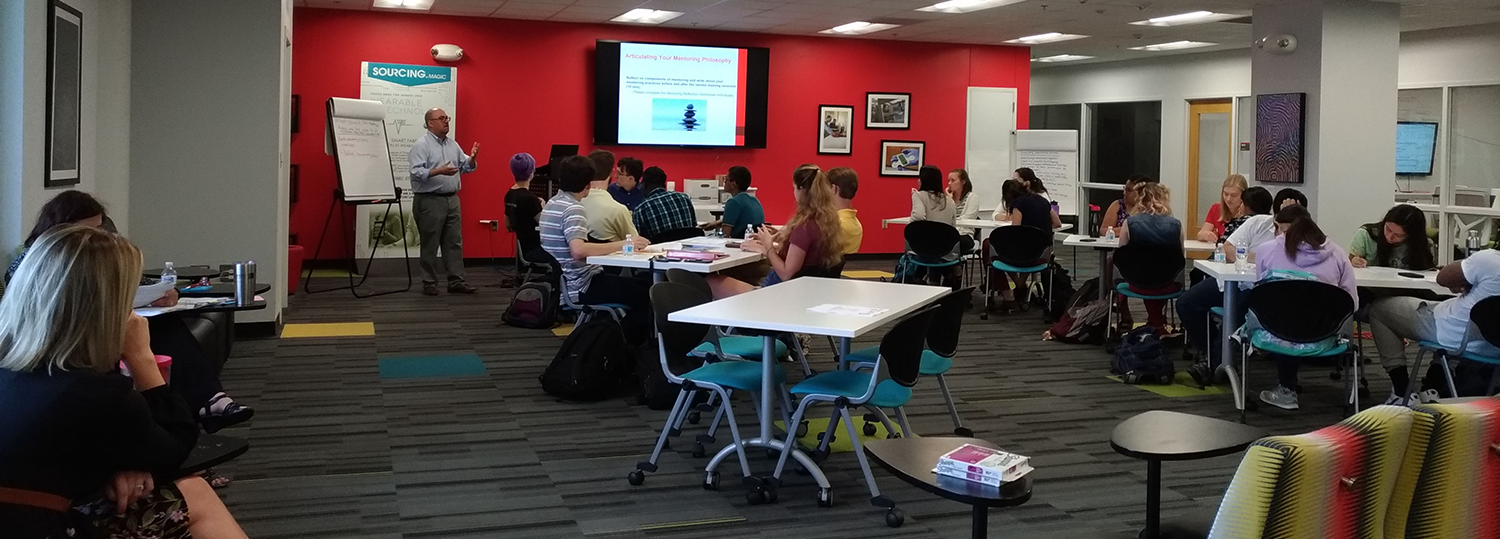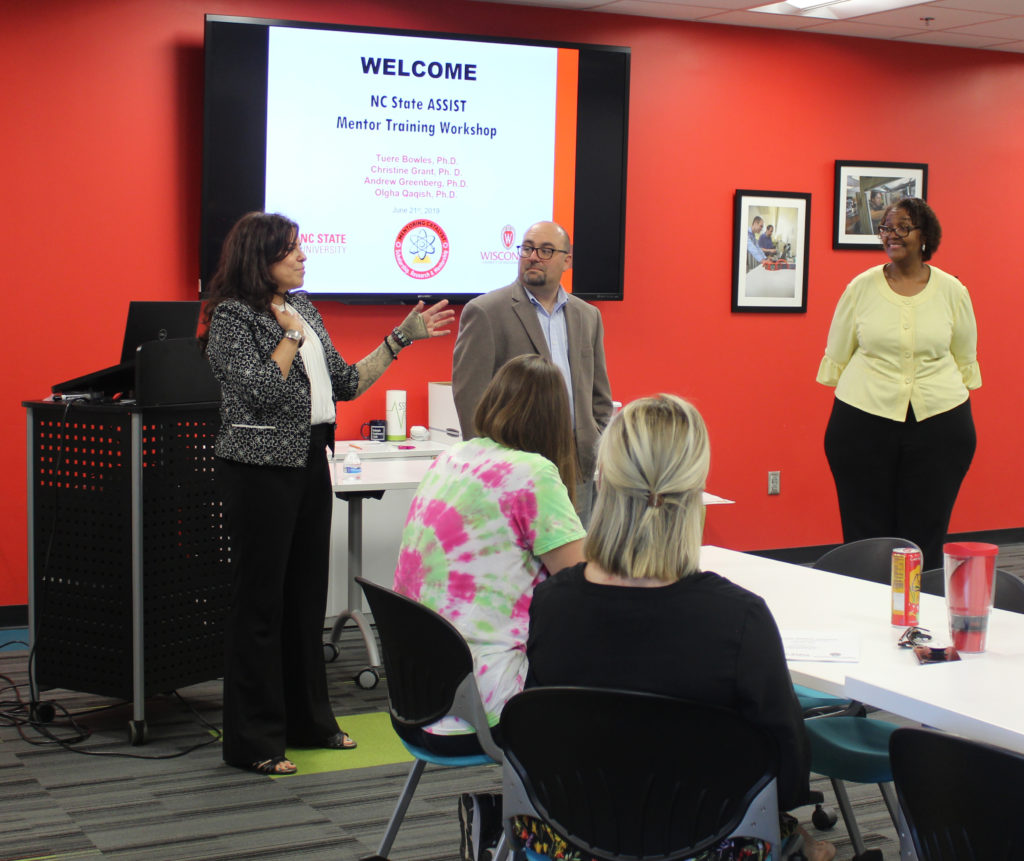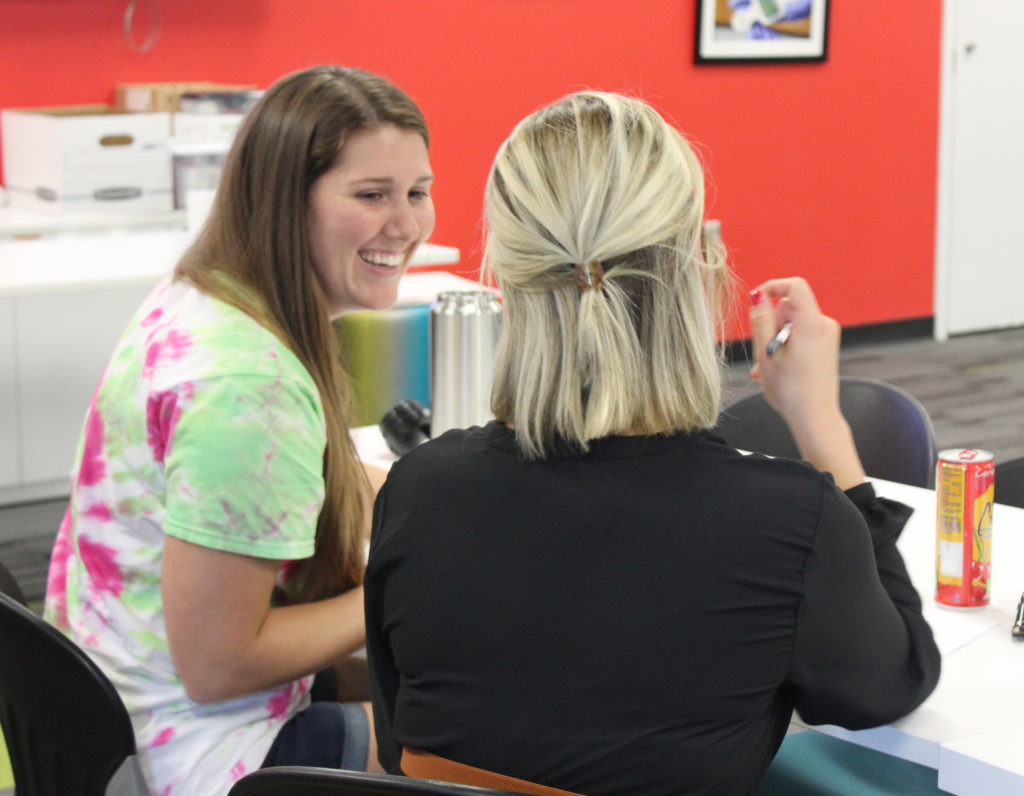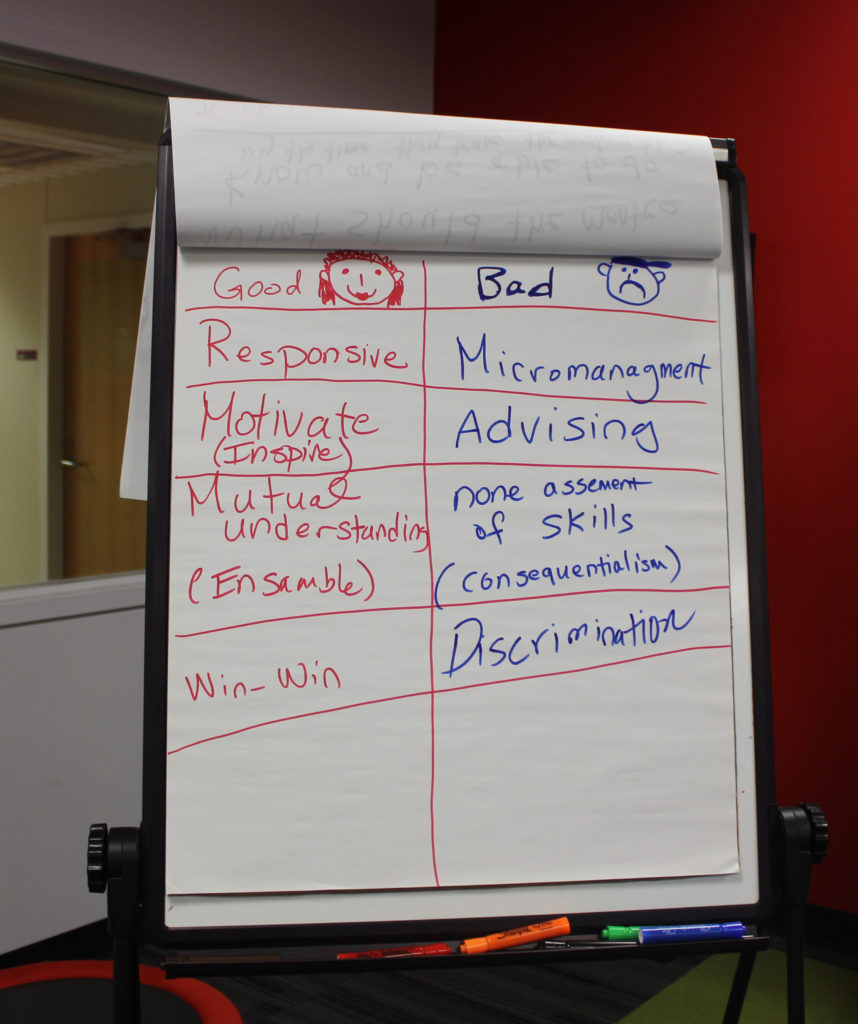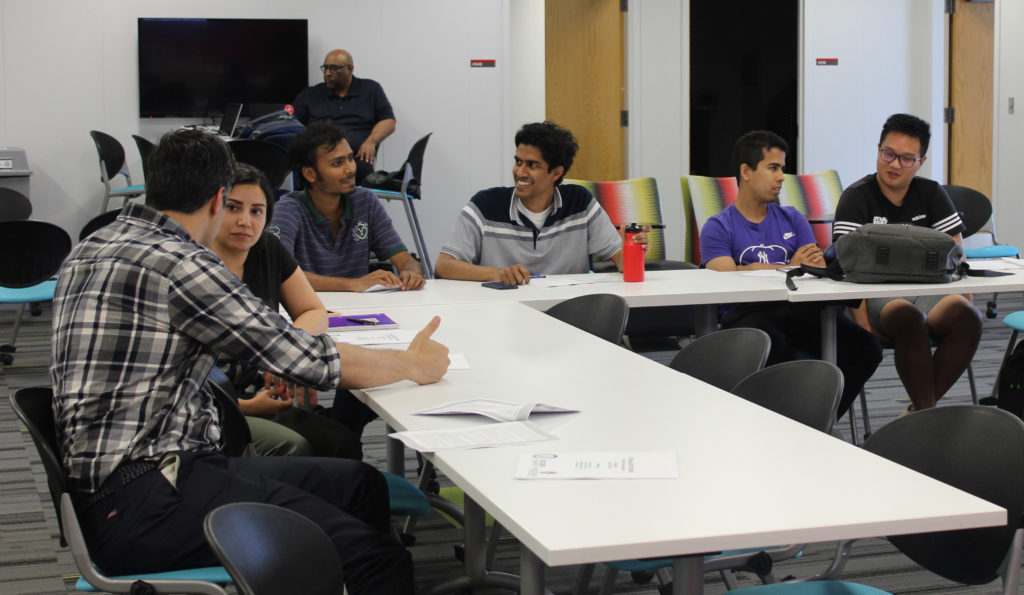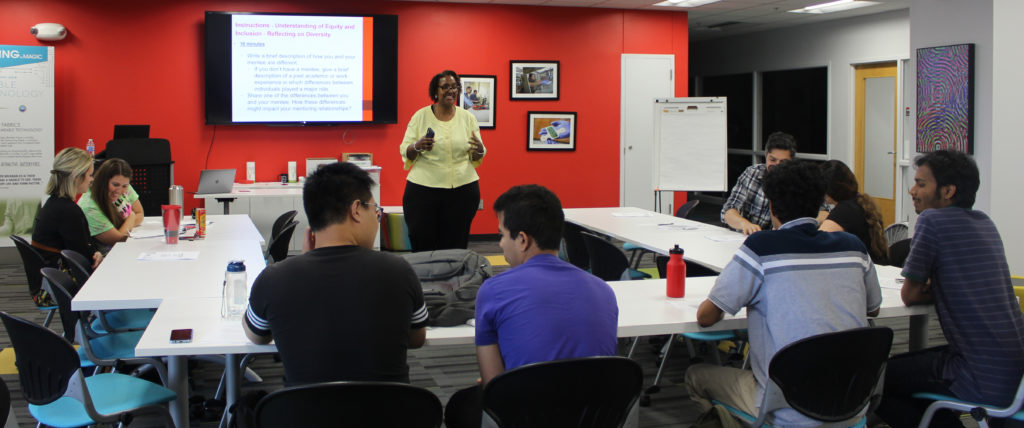On June 21, ASSIST hosted the EFRI-REM (Emerging Frontiers and Innovation – Research Experience Mentoring) Mentoring Catalyst Team to facilitate a mentor/mentee training workshop for undergraduate and graduate students.
The workshop was presented by Dr. Christine Grant (Professor of Chemical Engineering and Associate Dean Faculty Development, NCSU), Dr. Tuere Bowles (Associate Professor, Adult Education, Department of Leadership, Policy and Adult and Higher Education, NCSU), Dr. Olgha Qaqish (Postdoctoral Research Associate, NCSU), and Dr. Andrew Greenberg (Distinguished Faculty Associate of Chemical and Biological Engineering, University of Wisconsin-Madison).
What is EFRI-REM?
The EFRI-REM workshop is based on the entering mentoring curriculum developed at the University of Wisconsin-Madison. The material is developed from interviews and focus groups and includes numerous case studies and real-world applications. The workshop, therefore, provides practical and useful aids to improve effective mentoring relationships. Through active learning elements and activities, participants hone their mentoring styles and become better mentors. Workshop topics include: (1) promoting self-efficacy, (2) addressing equity and inclusion, and (3) fostering independence.
EFRI-REM meets ASSIST Students
The workshop approached the mentor-mentee interaction very nicely and at social, professional, and psychological levels and familiarized us with different set of skills required for better supervision.
Farzad Mohaddes
Throughout the workshop, students had to think of characteristics of good and bad mentorships and reflect upon their own mentor philosophy and role as a mentee. For example, students mentioned interpersonal communication traits such as “being responsive” and “mutual understanding” as signs of a positive mentorship. Contrary, “discrimination” and “micromanagement” were mentioned to describe negative traits. During the workshop, participants were encouraged to reflect upon their own behavior as mentors/mentees by sharing personal experiences. Additionally, the groups talked about unconscious assumptions and biases and discussed the importance of self-efficacy.
The workshop was fantastic. I learned so much about how to be a better mentor rather than just a teacher! I always thought mentorship is a one-way street and you only need to share your own knowledge. I never realized that I can also learn and grow from being a mentor
Yasaman Sargolzaeiaval
